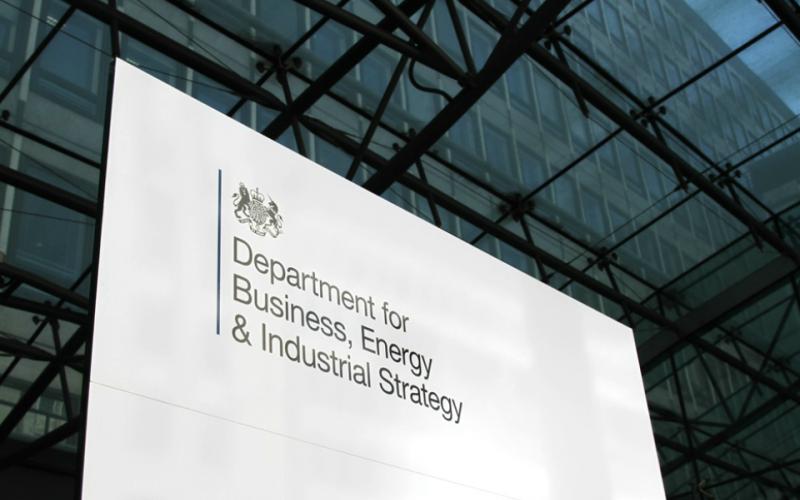
The Environmental Audit Committee (EAC) has issued a damning verdict of the government’s approach to clean energy investment in recent years, calling on it to publish an urgent plan to plug looming policy gaps.
And the committee has also issued its withering verdict on the government’s Clean Growth Strategy, a body of work which it said ultimately falls short of its aim and must be rectified with urgent policy decisions.
However the department has sought to defend its record on the issue, stressing it would respond to the report “in due course”.
“The UK is a world-leader in cutting emissions, with 50% of our electricity coming from low-carbon sources and recently going 72 hours without burning coal.
“We’re committed to meeting our climate change targets and will have invested £2.5 billion on low carbon innovations by 2021,” a departmental spokesperson said.
The full Green Finance report, published this morning, concludes that policy decisions taken from 2015 onwards have significantly dented investor confidence in clean energy, resulting in a collapse in total investment.
The report states that there have been “worrying signs that investment may have stalled in the last two years”, a factor which the committee said was threatening the country’s ability to meet its fourth and fifth carbon budgets.
The EAC also pointed to figures which showed an alarming decline in low carbon investment, stating that in cash terms investment fell by 10% in 2016 and a further 56% in 2017. Those drops had sent annual clean energy investment to its lowest level since 2008.
While the EAC was encouraged by the Clean Growth Strategy, published last year, it could not avoid mentioning that even if its policies are delivered in full, it will still lead to a shortfall in meeting the emissions reductions targets set out to 2032.
It has called on ministers to “urgently plug this policy gap” and publish a delivery plan capable of securing the investment required to meet those commitments. And although the committee has stressed the need for fixed-price contracts to keep costs down, it has gone on to say that HM Treasury must ensure that any efforts to curb costs must not add to the decline in clean energy investment.
And interestingly, the report has called for a steadily rising carbon price which would effectively price out dirtier generation, a policy which many within the industry have called for in the past. The EAC is seeking the introduction of an increasing carbon price, starting when the current freeze ends in 2021, in order to drive investment away from fossil fuel-based generation.
Other recommendations for the government include the launch of a consultation prior to the next round of Contracts for Difference auctions, slated for next year, to explore options for the future of fixed-price contracts in the early 2020s; explore the creation of partnerships with local authorities to provide technical and development expertise in financing green projects; and examine how a sovereign green bond could be directly tied to the Clean Growth Strategy, to be included in any delivery plan brought forward before this year’s Budget.
“Long on aspiration, short on detail”
Labour MP Mary Creagh, who chairs the EAC, offered a withering assessment of the Clean Growth Strategy, arguing that it was “long on aspiration, but short on detail”.
“The government must urgently plug this policy gap and publish its plan to secure the investment required to meet the UK’s climate change targets. It should provide greater clarity on how it intends to deliver the Clean Growth Strategy by the 2018 Budget, and explore how a Sovereign Green Bond could kickstart its Clean Growth Strategy,” she said.
The government would, however, appear fully aware that more work is needed to achieve the aims established in the Clean Growth Strategy. At the All-Energy conference earlier this month energy and clean growth minister Claire Perry told an audience of industry professionals that her department was working to put “more meat on the bones” of the strategy, with further announcements set to be made.
The EAC’s report has nonetheless been well received by the industry. James Court, head of policy at the Renewable Energy Association, said that the report “perfectly chimes” with what many of his association’s members have been feeling.
“There is a real frustration that at a time of renewable costs plummeting and other countries steaming ahead, the UK is going backwards. Government must now move forward quickly by implementing the recommendations of the Green Finance Task Force that reported back in March.
“Renewables are now cheaper than building new gas and nuclear generation, yet the decisions of the last three years will have an impact on not only the UK hitting our climate targets, but whether we will have a cheaper, cleaner, smarter and future-proofed energy system, and the jobs and investment that come with that”.

